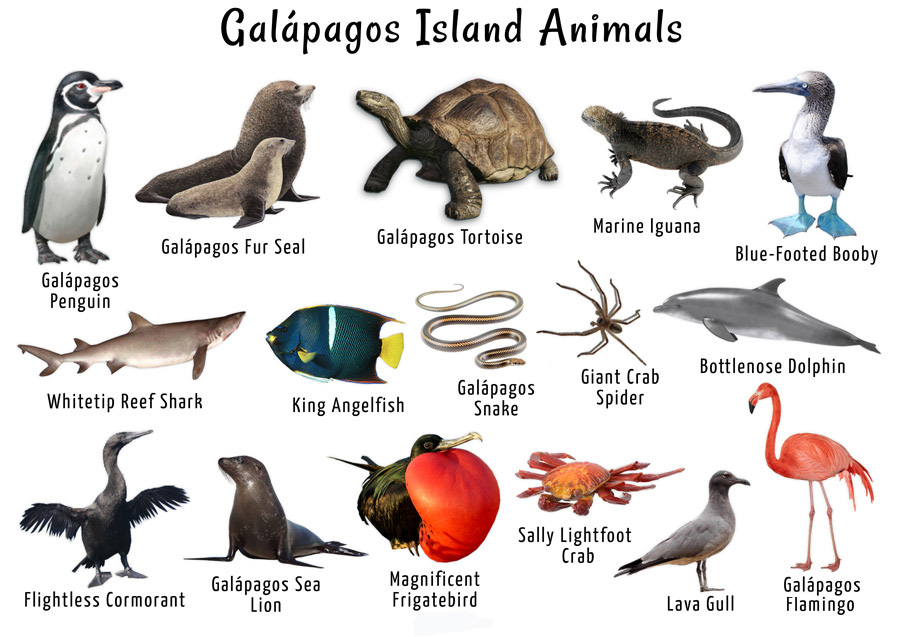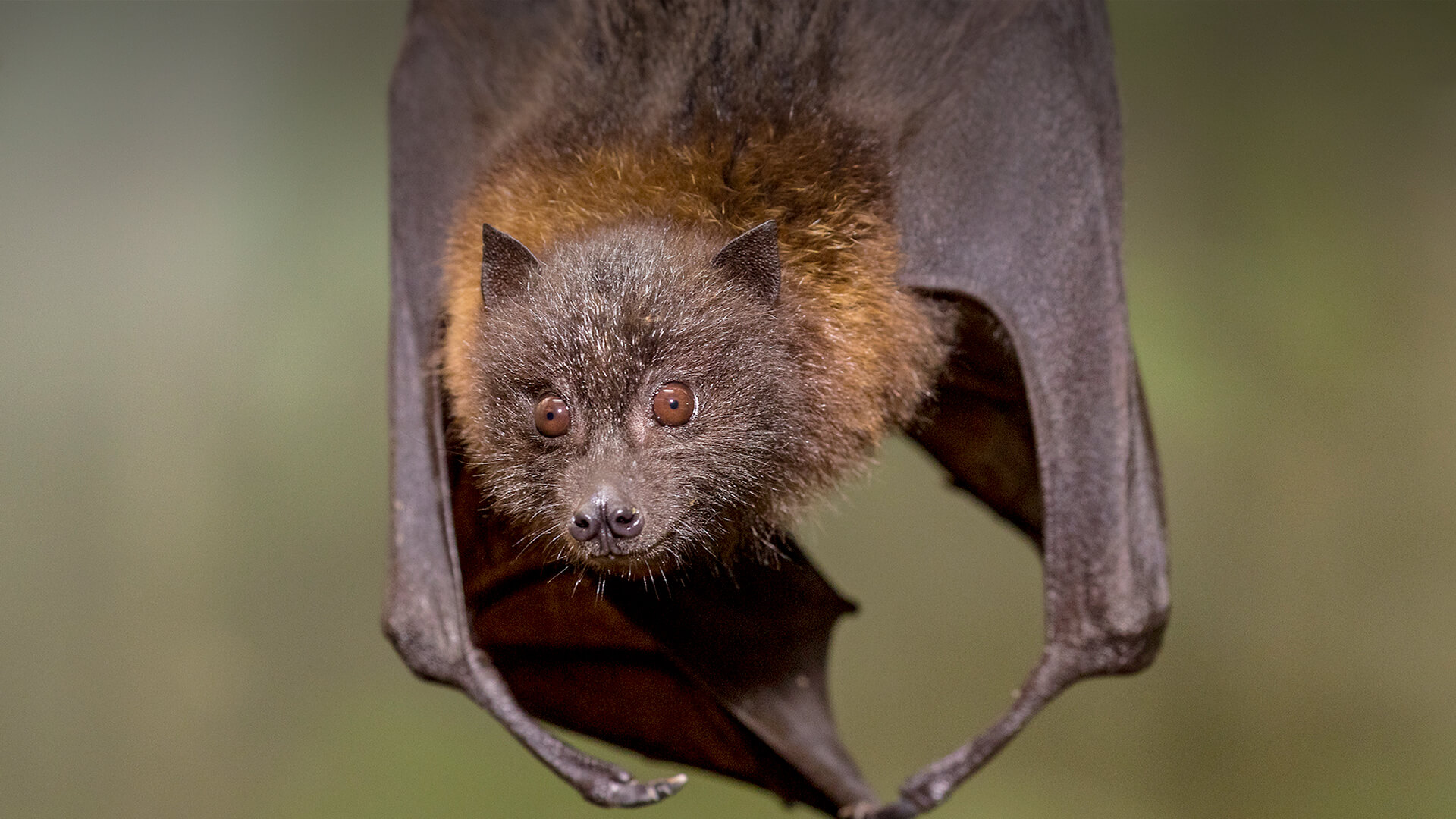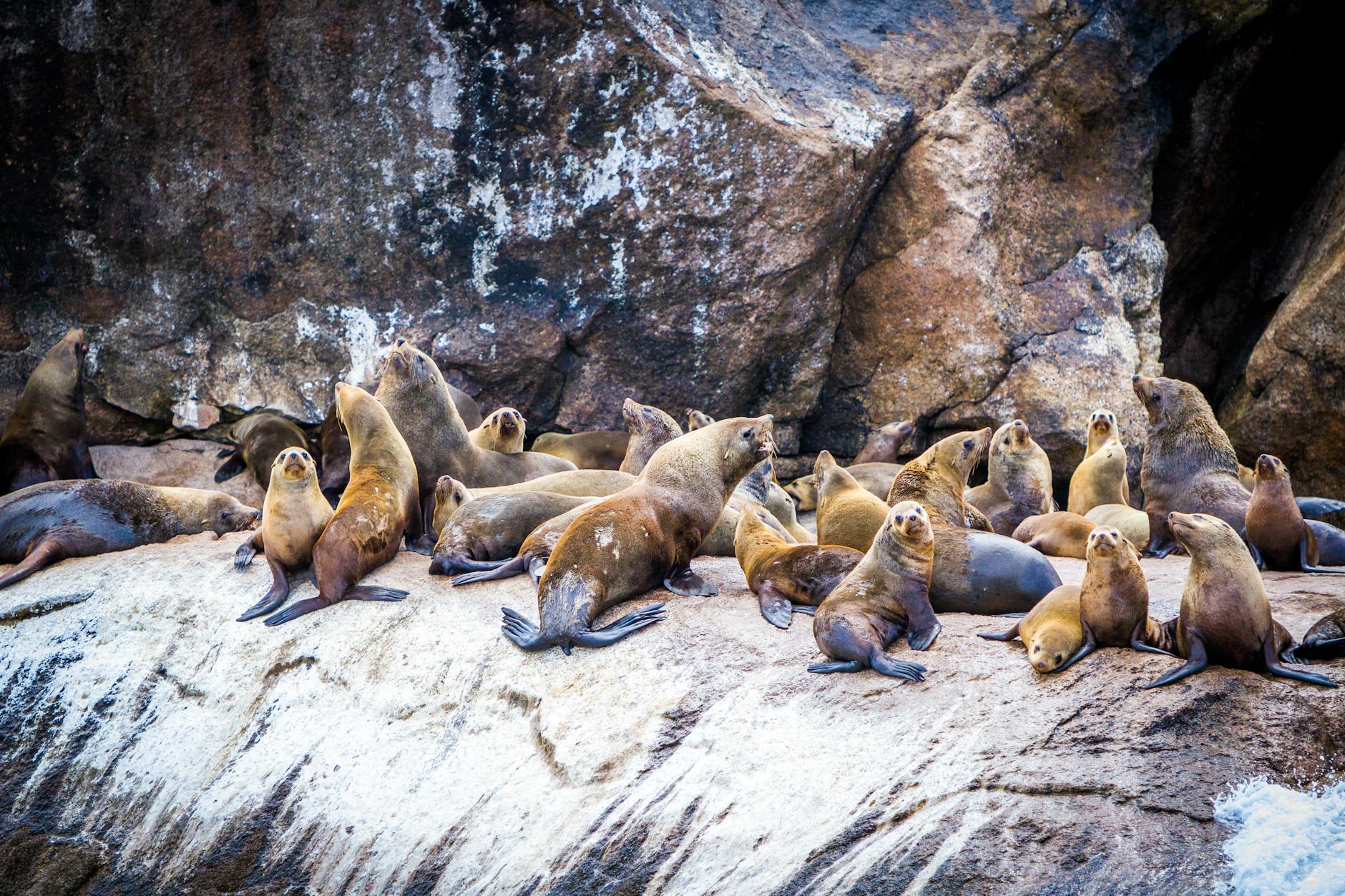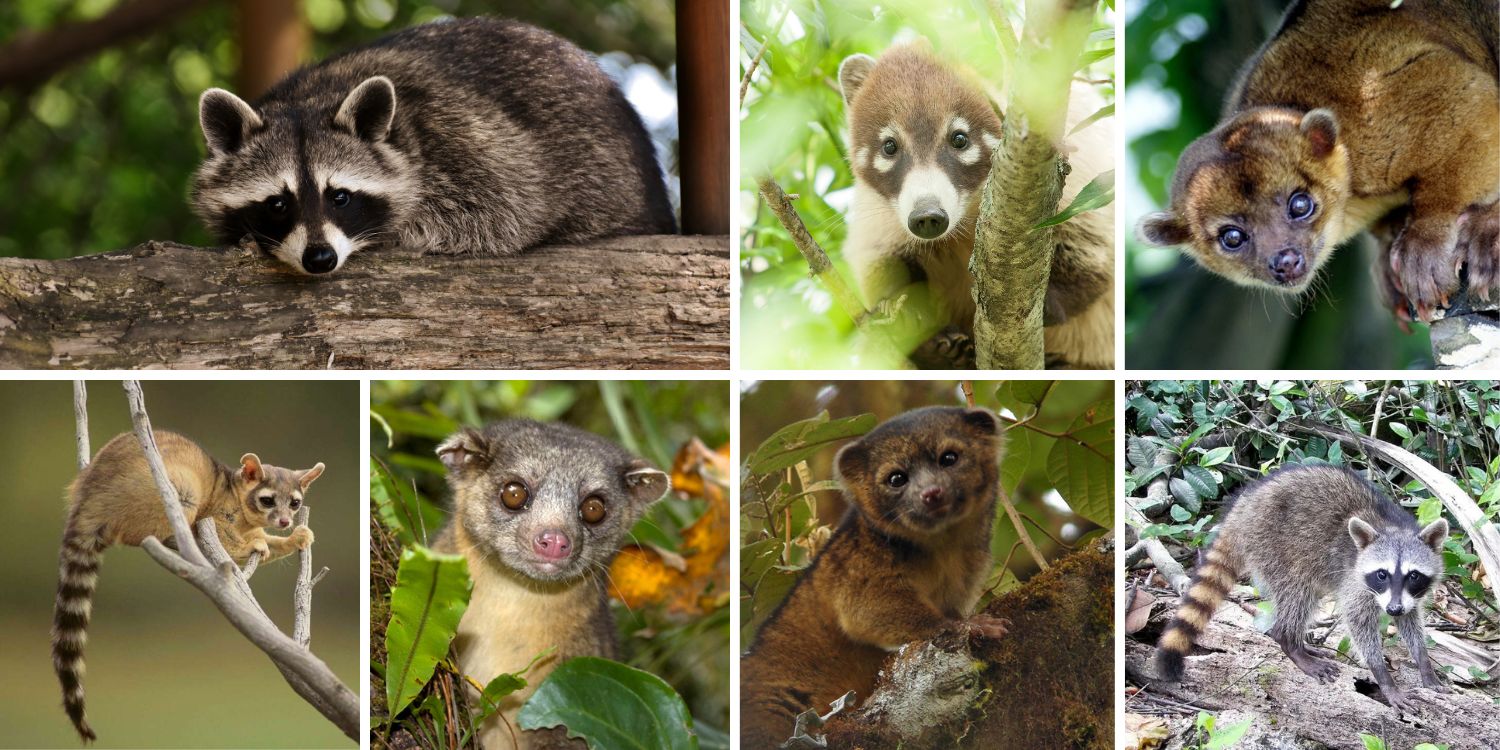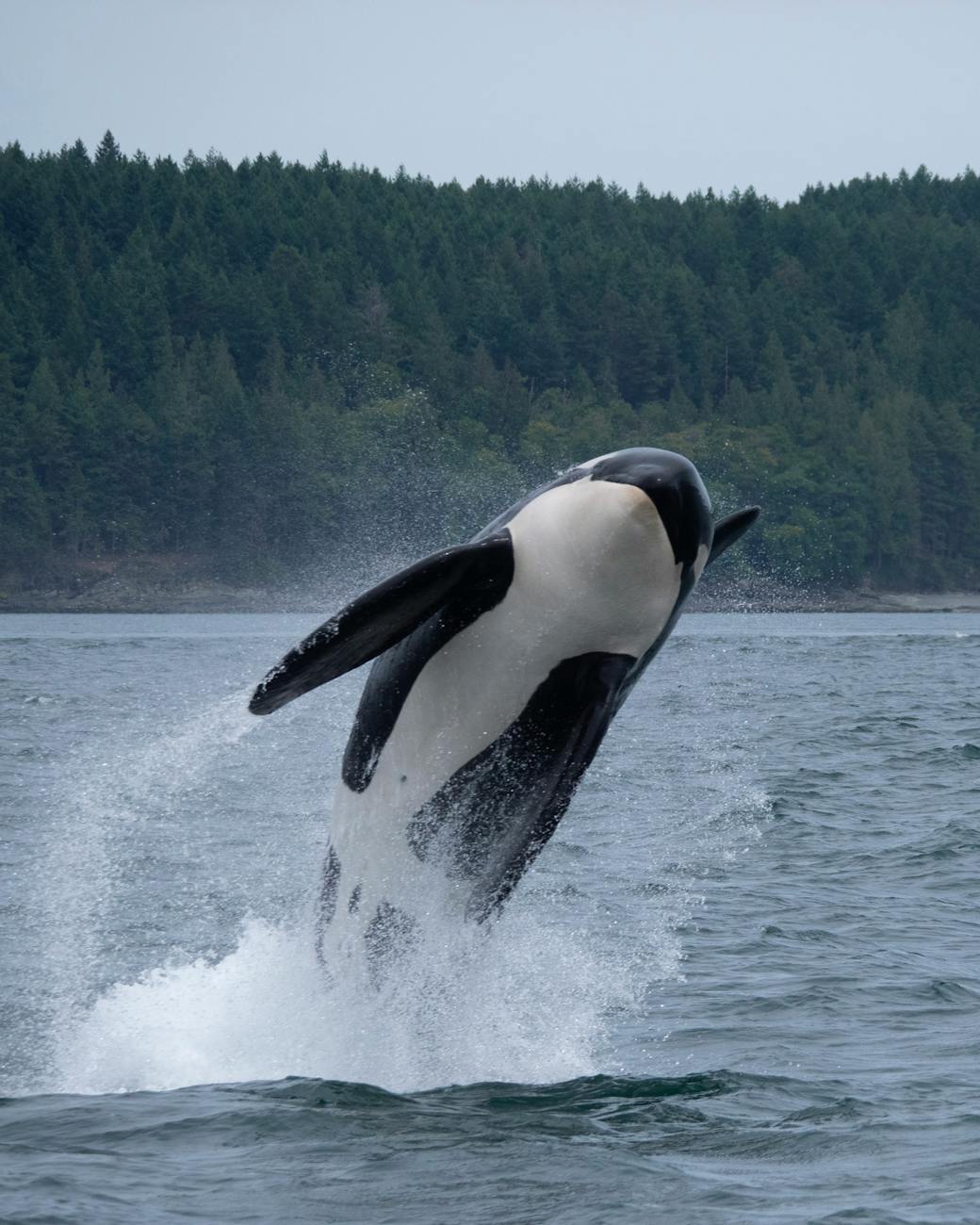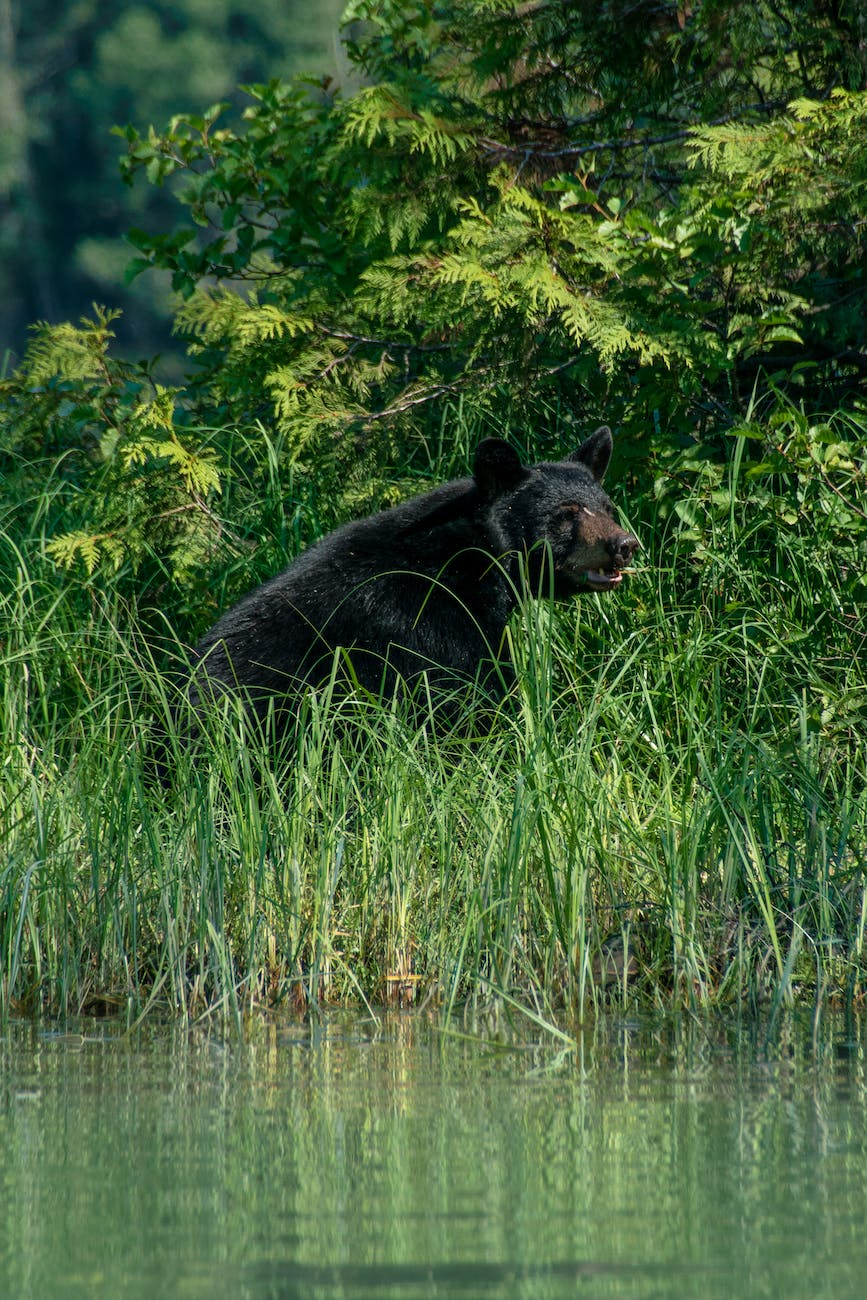
Here are some top FAQs about black bears:
1. Where do black bears live? Black bears are widely distributed across North America, found in forests and mountainous regions from Alaska to Mexico. They prefer areas with dense vegetation and cover, but they can adapt to diverse habitats.
2. What do black bears eat? Black bears are omnivores, meaning they eat both plants and animals. Their diet varies depending on the season and available food sources, but typically includes berries, nuts, insects, fish, small mammals, and carrion.
3. Are black bears dangerous? Black bear attacks on humans are extremely rare, but it’s important to be aware of their potential behavior and take precautions when encountering them in the wild. Never approach or feed a bear, and make noise to alert them of your presence.
4. What should I do if I encounter a black bear? If you see a black bear in the wild, stay calm and give it plenty of space. Speak in a firm voice and slowly back away, avoiding eye contact. Do not run or climb a tree, as bears are excellent climbers.
5. Are all black bears black? Most black bears are indeed black, but they can also be brown, cinnamon, blonde, blue, or even nearly-white. The fur color variation is due to different gene combinations, not separate species.

6. What are some interesting facts about black bears? Black bears have an excellent sense of smell, allowing them to locate food from far away. Females typically give birth to 2-3 cubs at a time, and raise them for about 2 years. Black bears are excellent swimmers and can climb trees with impressive agility.
7. Are black bears endangered? While not currently endangered, black bear populations are impacted by habitat loss, human-bear conflicts, and hunting. Conservation efforts are crucial to ensuring their future.
Bonus FAQs:
- Do black bears hibernate? Yes, they hibernate in winter for 4-7 months, surviving on stored fat reserves.
- How long do black bears live? They can live up to 25 years in the wild, with older individuals more likely to be found in protected areas.
- Can black bears smell food inside cars? Yes, their strong sense of smell allows them to detect food from long distances, so it’s important to store food securely when camping or hiking in bear country.
We hope this helps answer some of your questions about black bears! Remember, respecting wildlife and learning about their behavior is key to safe and enjoyable encounters in the wild.
More photos below.







